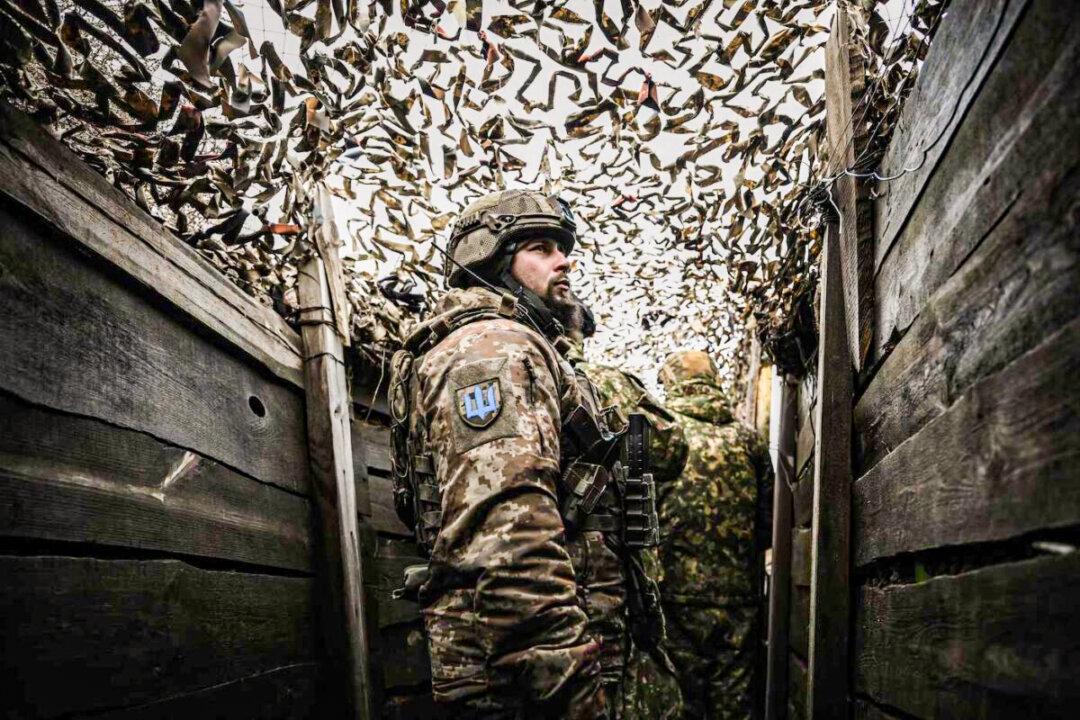The Indian embassy in Ukraine on Sunday called on thousands of Indian nationals to leave the country amid fears of a Russian invasion.
“In view of the continued high levels of tensions and uncertainties with respect to the situation in Ukraine, all Indian nationals whose stay is not deemed essential and all Indian students, are advised to leave Ukraine temporarily,” the embassy stated in an advisory.





